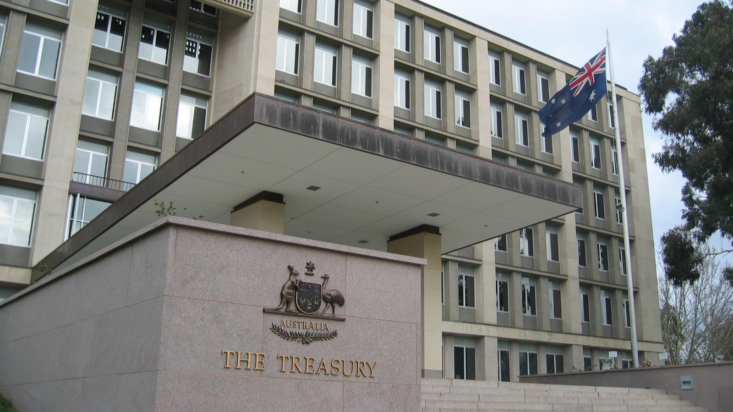ASIC levy review targets adviser ‘time-lag’ issue
Treasury will investigate the way ASIC allocates costs and the impact of “time-lags” that helped departing advisers dodge enforcement costs in its upcoming review of ASIC’s industry funding model (IFM).
Treasury this week released the terms of reference for the review, which will be “forward looking” and focus on changes required to keep the settings of the funding model appropriate.
Key to those changes will be an audit of the work undertaken by ASIC that the industry currently funds. Whether advisers should actually pay for activities like enforcement and capital expenditure will be considered.
Treasury acknowledged that advisers who do the right thing have been paying for the misdeeds of those that sparked increased enforcement action and subsequently left the sector. The review will consider “the consequences of time lags between regulatory action and cost allocation, and the changes to sub‑sector composition, including due to firm exits”, the terms of reference states.
Compounding the issue has been the precipitous decline in adviser numbers – from 30,000 to around 16,000 in five years – which has spread the increased cost of regulation over a thinner paying base.
Damage done
The industry funding model – introduced by the federal government in 2017 as a way to ensure ASIC’s regulatory activities are paid for by those creating the need for regulation rather than taxpayers – has led to an adviser levy that has more than tripled in almost five years.
Since FY17/18 the levy has had a $1,500 fixed component, with a graduated variable component that has increased from $934 to $1,142 (FY18/19), then $2,426 (FY19/20) and $3,138 (FY20/21). In August 2021 former Treasurer Josh Frydenberg announced “temporary and targeted” relief for advisers that has seen levies pulled back to the FY18/19 level of $1,142 for two consecutive years.
With the government already backing a deep dive into the decline of adviser numbers in its Quality of Advice Review, the funding model review will observe the toll levy increases have taken on the cohort.
Within scope, according to the IFM review terms: “Changes in levy amounts since the commencement of the IFM with a focus on those sub‑sectors that have faced significant increases in levies, volatility in levies between years and variance between estimated and actual levies. This will include considering the impact of the cost burden on different types and sizes of regulated entities.”
In a further indication the funding model has not been fit for purpose in its current form, the review will will study the “flexibility of the IFM to respond to changes in industry”.
Hands off
While much of the funding model’s mechanisms are pulled into scope, several key aspects remain excluded from the review.
Treasury has made it clear that the funding model itself, rather than ASIC’s carrying out of its functions, will be the focus of the review. ASIC’s role and remit will not come under scrutiny, nor will its performance in carrying out its regulatory activities.
Where ASIC gets its funding will be a part of the review, but not the aggregate level of funding allocated to the regulator. How ASIC allocates its resources will be similarly excluded.











